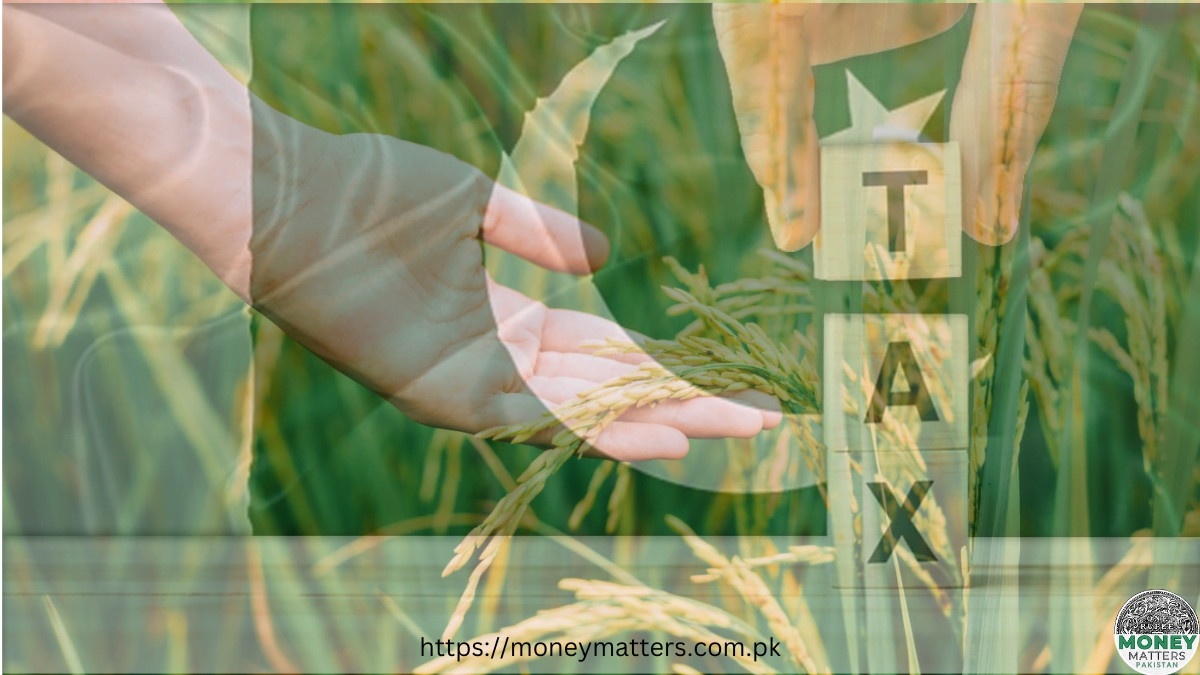Key Takeaways:
– Pakistan’s inability to collect sufficient tax revenue results in high fiscal deficits and unsustainable debt.
– The current government aims to raise the tax-to-GDP ratio from 9.5% to 13% over three years.
– Agriculture, despite being a significant part of the economy, contributes minimally to direct tax revenue.
In a recent editorial, Daily Dawn, a respected English daily in Pakistan, highlighted the country’s persistent challenges in tax revenue collection, leading to high fiscal deficits and growing debt. The editorial, titled “Taxing Agriculture,” emphasizes the need for equitable taxation across all economic sectors to achieve the government’s ambitious goal of raising the tax-to-GDP ratio from 9.5% to 13% in the next three years, especially as the country negotiates another IMF bailout to prevent an economic crisis.
The editorial points out that agriculture, which constitutes nearly a quarter of Pakistan’s economy, contributed less than 0.1% of the direct tax collection of Rs3.7 trillion in the last fiscal year. This stark discrepancy is attributed to several factors, including the fact that agriculture income tax is a provincial matter, favoring influential landlords who hold significant political power. Additionally, provinces lack the capability to accurately assess and collect farm income taxes, and the tax rates on agricultural income are considerably lower than federal rates for other income sources. In Sindh and Punjab, the highest tax slab on agricultural income is just 15%, compared to nearly 39% on salaried individuals.
The editorial underscores that the low tax rates on farm incomes effectively make agriculture a “tax haven” for tax evasion. An IMF report supports this view, indicating that the exemption on agricultural income often serves as a legal and illegal shelter for other forms of income, with transfers from other economic sectors to agriculture being a common practice to avoid taxes. The editorial suggests that applying federal tax rates to agricultural income could generate substantial revenue and alleviate the financial burden on other economic sectors.
However, the editorial acknowledges that this shift is unlikely without transferring the responsibility for assessing and collecting agricultural income tax to the federal government, which would require consensus at the National Finance Commission (NFC) and a constitutional amendment. In the meantime, the provinces are urged to align agricultural income tax rates with normal income tax rates and delegate the collection to the Federal Board of Revenue (FBR). The resulting revenue could then be distributed among the provinces until a formal agreement integrates it into the divisible tax pool.




